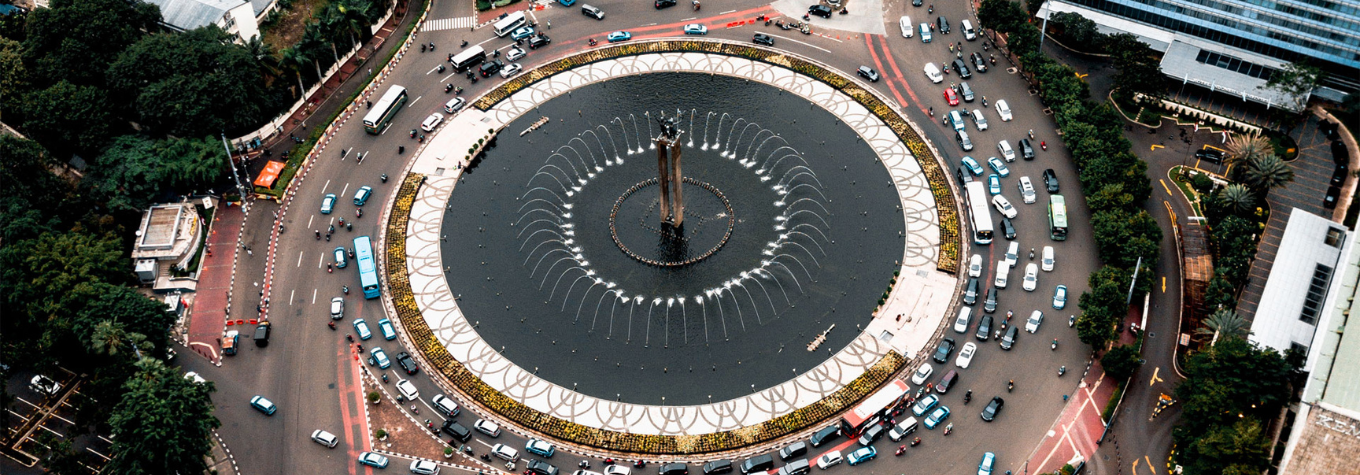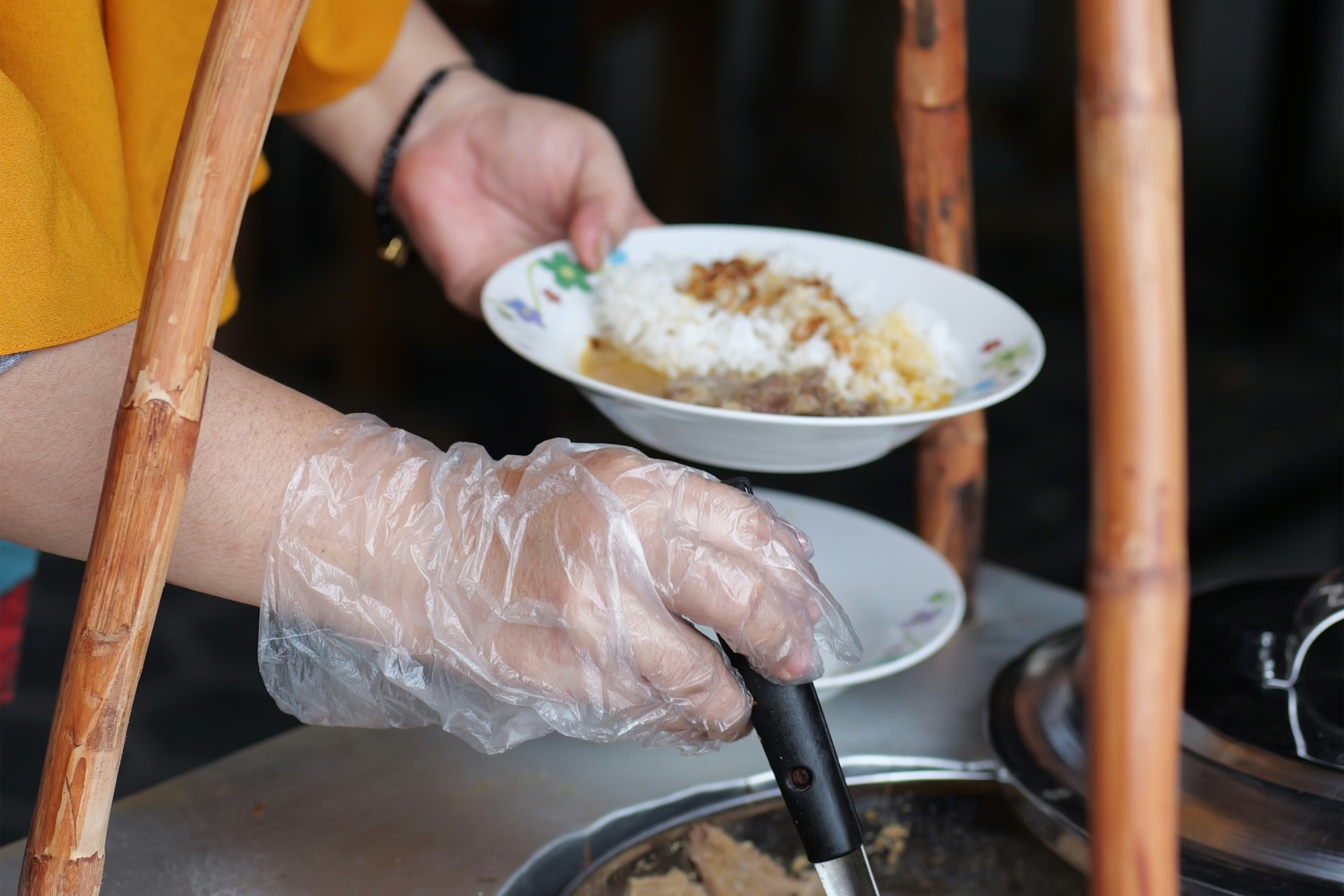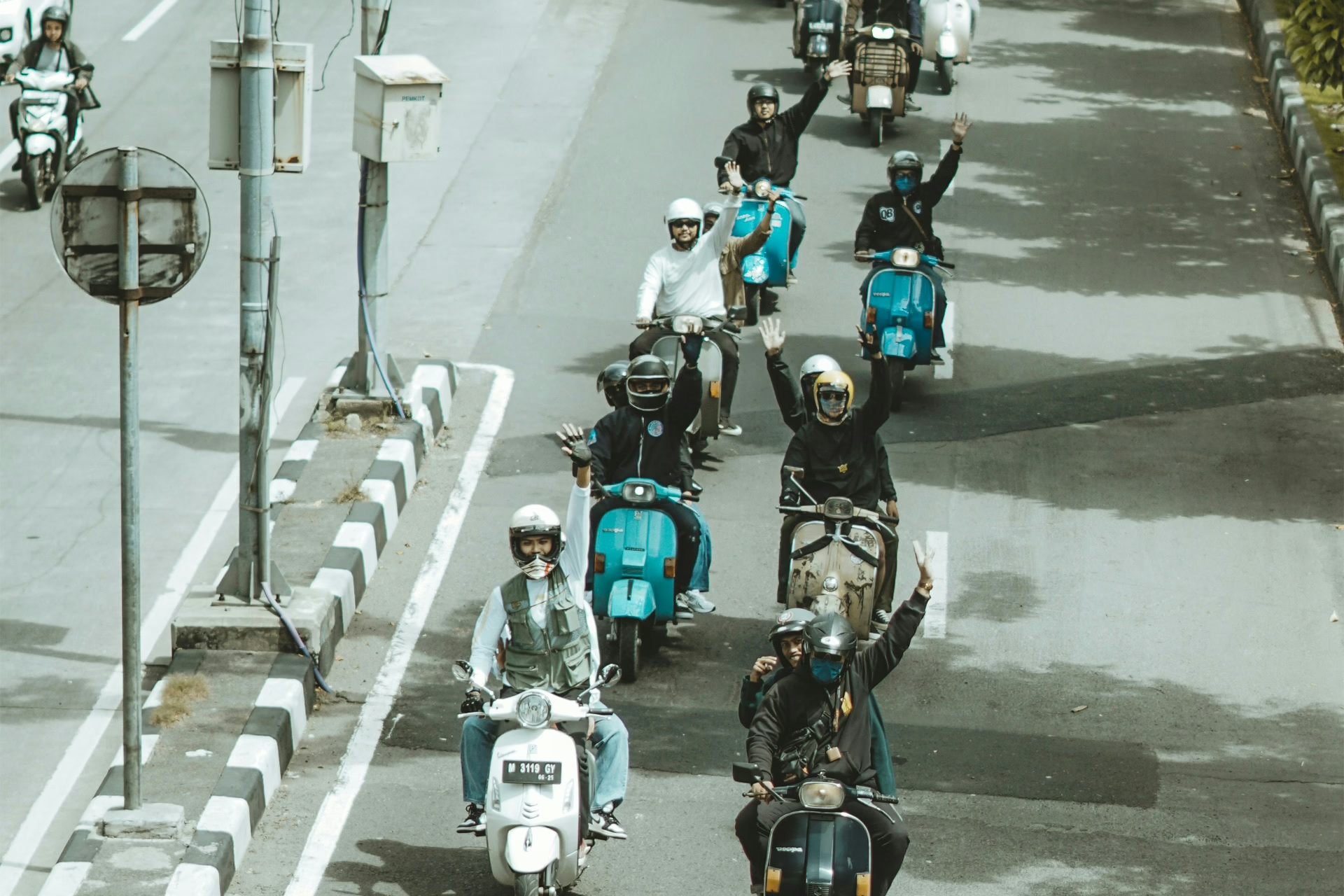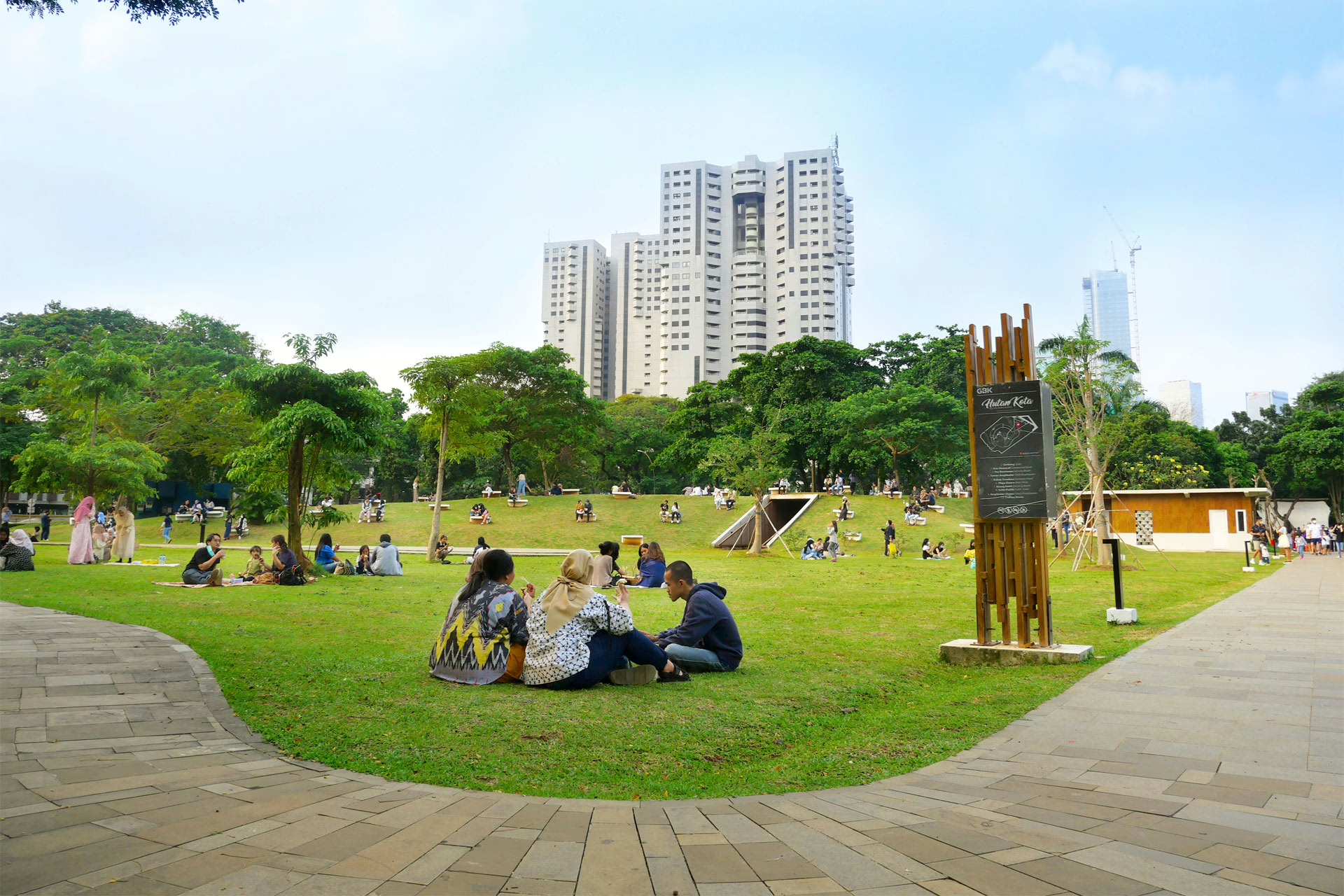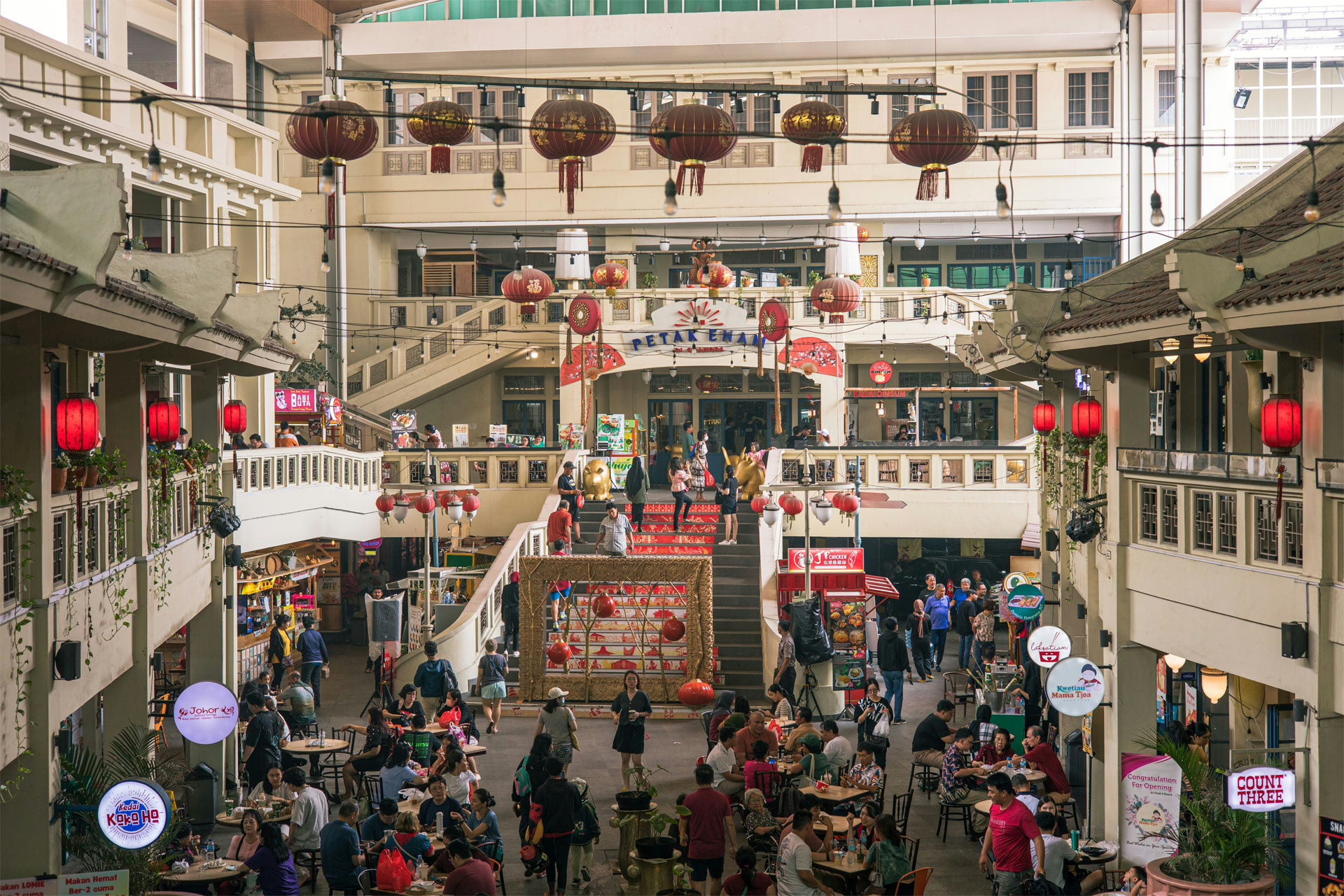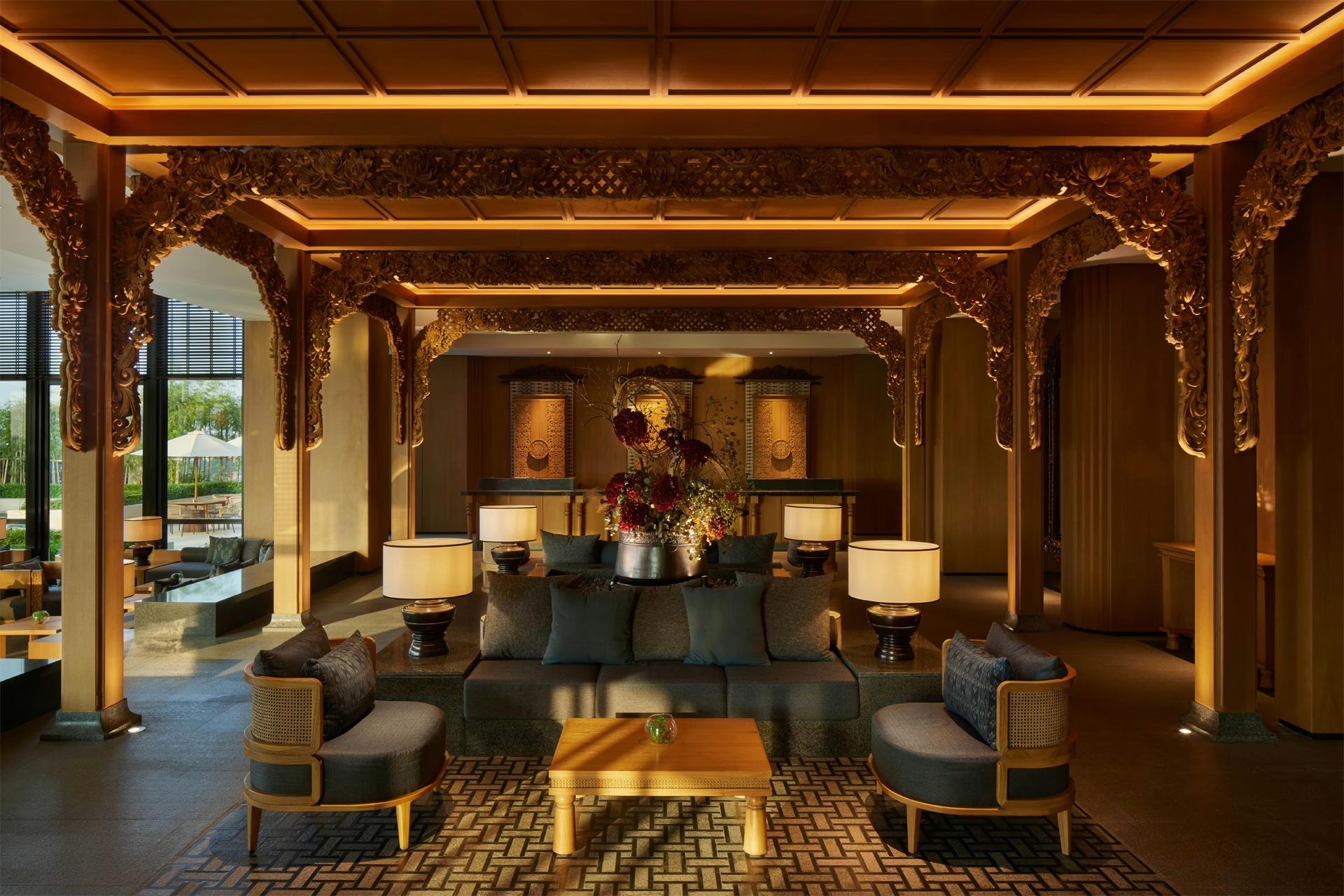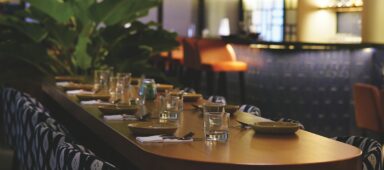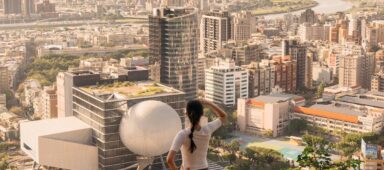How does a city roll out the red carpet for a truly memorable visit? Some of Indonesia’s savvy creatives, bullish business executives and world-class acts share some open secrets
What makes a visit to Jakarta unforgettable? The answer lies not in sightseeing checklists, but in the people shaping the city’s culture – from world-class baristas and grassroots tour guides to lifestyle innovators and hotel visionaries. Here’s how Jakarta’s new generation of creatives, entrepreneurs and hosts are redefining the city experience.
Mikael Jasin: First, coffee
Indonesia is one of the world’s largest coffee producers, growing a variety of robusta and arabica beans, from the full- bodied, chocolate-flavoured Sumatra and Java to Toraja and Kintamani.
But the domestic café culture hasn’t always been as robust. If recent years have seen Jakarta stake its claim as a coffee capital, it’s thanks to a broad movement of homegrown entrepreneurs and connoisseurs.
Mikael Jasin, 2024 World Barista Champion, is one of its key players.
Jasin’s career as a barista began 13 years ago in coffee-obsessed Melbourne, where he juggled work and school. Sensing that Indonesia’s coffee culture was undergoing a remarkable transformation, he later moved back to Jakarta.
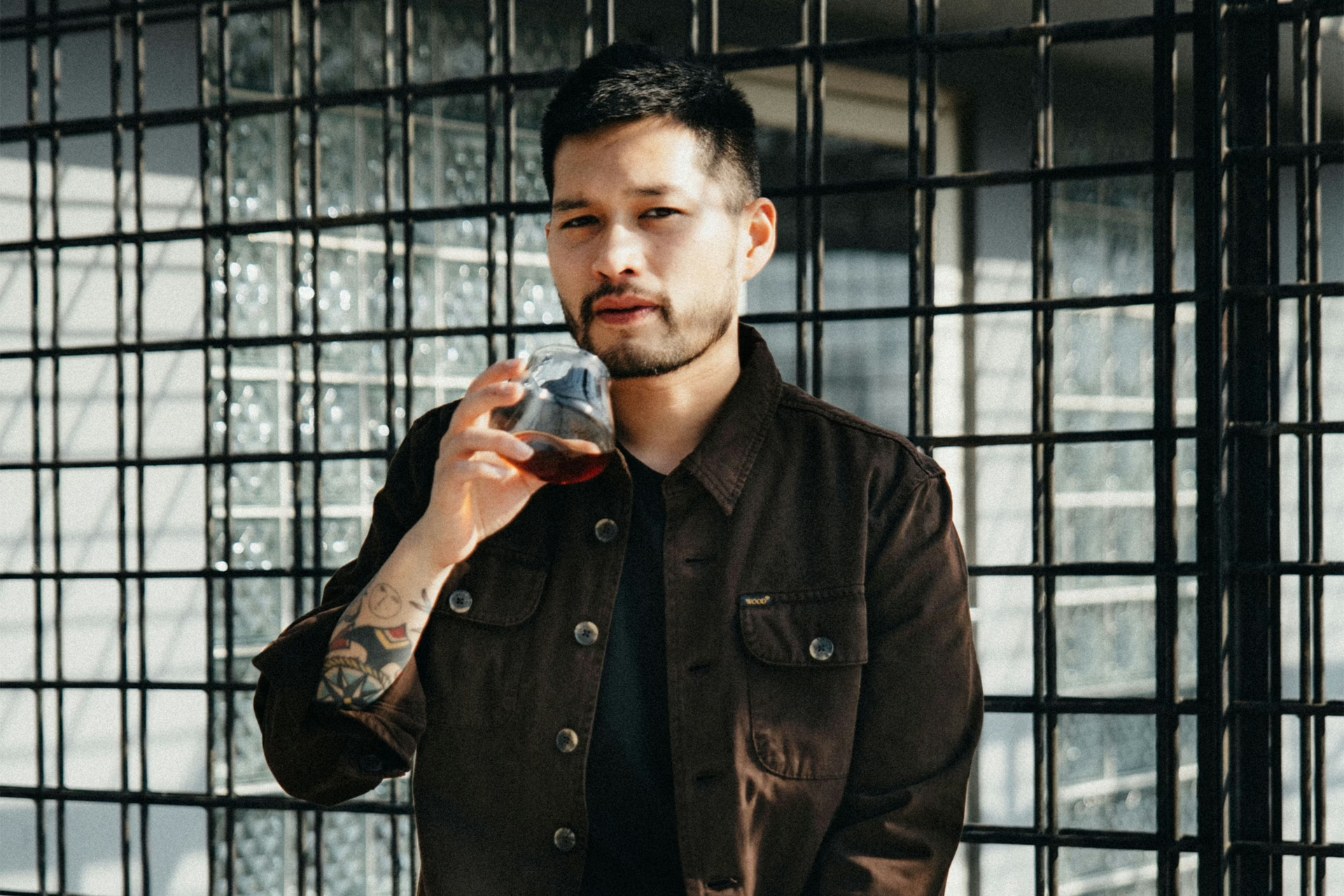
Today, he juggles even more: his coffee exporting company, coffee consulting firm and a retail café called Omakafé in the outskirts of Jakarta. There, he focuses on creating an entire experience around coffee for customers, hoping to make it more approachable and less intimidating for anyone who’s trying to know more about this beloved beverage.
He believes that Jakarta’s vibrant coffee culture is a key ingredient in making the city a well-rounded dining destination. This includes the product itself, from various interpretations of es kopi susu – an espresso drink with chilled milk and coffee grounds that settle at the bottom – championed by different brands, to speciality coffee crafted in different corners of the city.
Then there’s the talent behind the brew. Baristas are on the frontlines of tourism, shaping visitors’ experiences through both the quality of the interaction and the drink itself. Everyone remembers an expertly made cup, and a great barista is hard to forget. But, as with many hospitality roles in Indonesia, it’s not often seen as a lucrative profession.
Jasin begs to differ, saying, “If you’re a barista, there’s an opportunity for you to do what you love because most baristas are really passionate about coffee. Do what you love, do what you’re passionate about and still make a living – a really good living. Not everybody can be a world champion, but there’s one every year, right? So there’s enough opportunities for a lot of people.”
Farid Mardhiyanto: Walking tours
Jakarta isn’t exactly famous as a walkable city, but that didn’t stop Farid Mardhiyanto and friends from creating the Jakarta Good Guide (JGG), a popular walking tour of the city. Mardhiyanto’s career as a tour guide began with a revelation: after exploring different parts of Indonesia for work, he realised he didn’t know enough about his own hometown of Jakarta.
In 2012 he began learning more about the city he grew up in through books and conversations, before eventually earning a guide certification from the local government. Two years later, inspired by a walking tour he’d joined in London, he launched his own version in Jakarta.
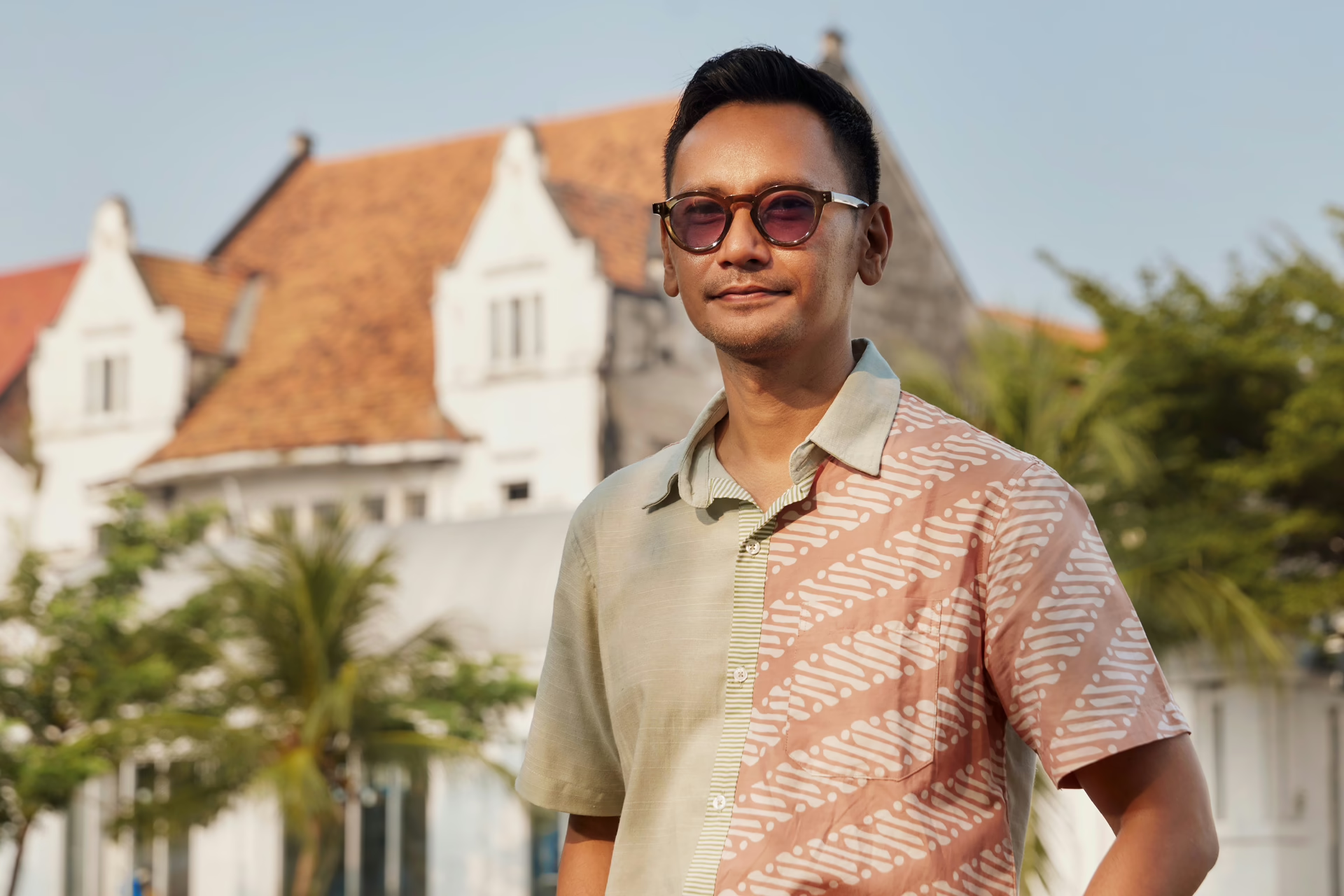
“I think Jakarta is a story to be told. If you walk on your own, it’s so easy to get lost, and I think Jakarta is often understood simply as a big city with skyscrapers. It is that, yes, but there is more beyond that, and this is a story that the locals must share,” says Mardhiyanto.
When JGG first started, its founders hoped it would help create a more wholesome impression of Jakarta aside from just being seen as a transit city. Now, they have bigger ambitions. “Our hope [is for it to be inclusive, for people to feel welcome] to walk in the city,” Mardhiyanto says.
“We’ve found that many people who didn’t use to walk much now use Jakarta Good Guide as a way to start exploring, even if it’s just once a week on the weekend. At least there’s this dedicated time when they can do it.”
Walking, Mardhiyanto says, is what makes exploring Jakarta more meaningful for tourists. Knowing the ins and outs of the city’s neighbourhoods, he takes visitors through hyper-local culinary spots and hidden corners of history even longtime residents might miss. For him, local markets and neighbourhoods are key to discovering the true heart of the city and its people.
“Try going to Glodok. It’s a bit complicated to navigate because of the many small alleys, but it’s in these alleys that you’ll see people interacting in all kinds of ways. Glodok is also a very diverse place; people come from all kinds of ethnic and religious backgrounds, and they all share this space,” he says.
Hadi Ismanto: Funding lifestyle concepts
If a spot is trending in Jakarta, it’s likely backed by 20/WOL, a development and investment fund focused on lifestyle and creative ventures in Indonesia.
Behind many of the city’s buzzworthy establishments, 20/WOL has recently drawn attention on TikTok with clips of people trying artisanal treats from the Donut of Curiosity and the Korean-style patisserie Fragments, raving about the casual fine dining experience at Su Ma Jakarta or obsessing over the tiramisu at Scarlett’s.
What drives the team isn’t just success, but the stories and talents behind each brand. “We let the talent shine, and each talent is different,” says Hadi Ismanto, 20/WOL’s co-founder and managing partner, familiar to locals as the co-founder and director of the online lifestyle magazine Manual Jakarta.
“We are creating an ecosystem and platform where everyone can work together, not only in terms of creative expression and creative freedom, but also in terms of practicality,” Ismanto adds.
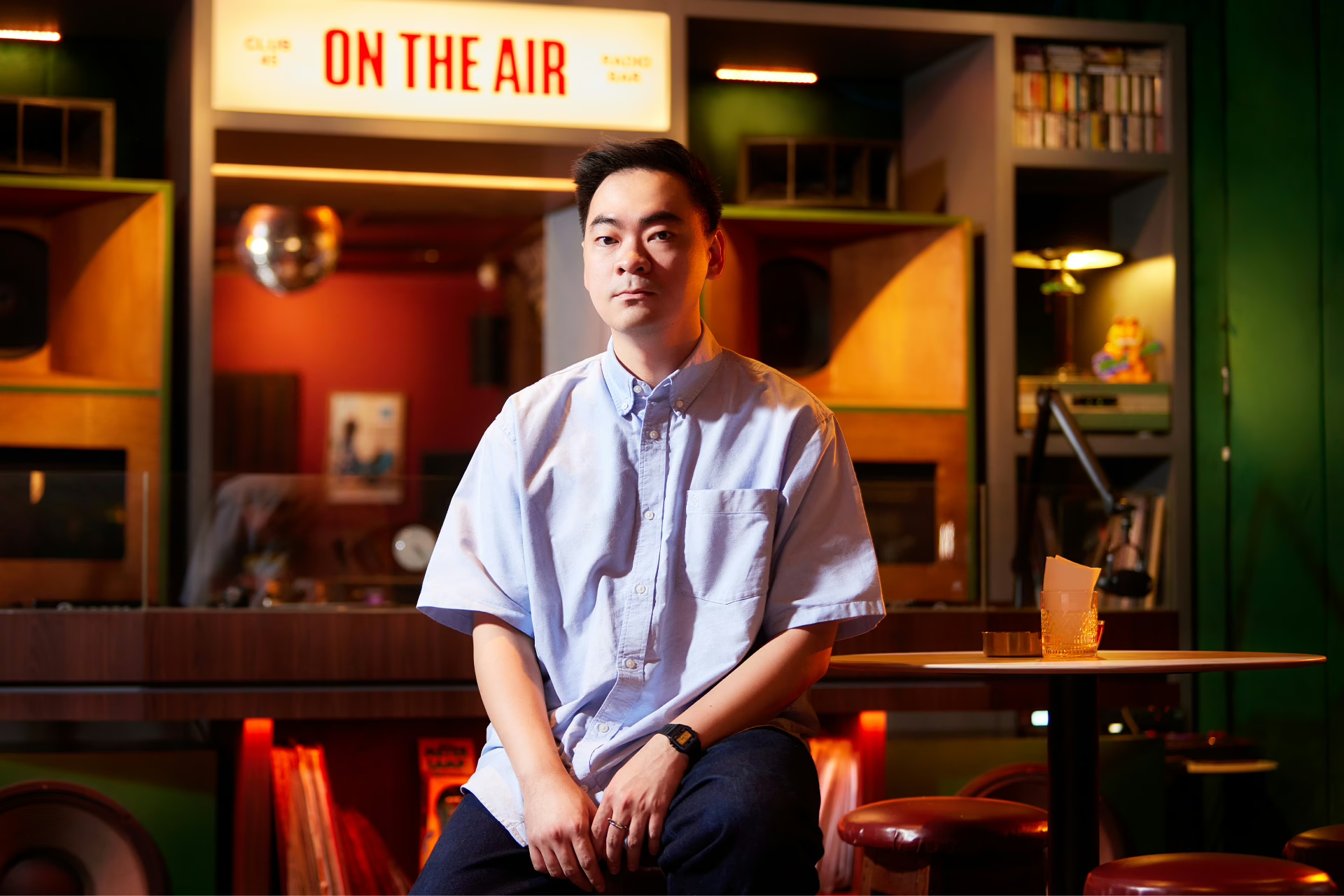
Ismanto attributes his team’s success in capturing the younger market to their focus on the entire customer experience, not just product quality – a notable feat given Jakarta’s complex demographics and shifting tastes.
Their success also comes at a time when the shrinking Indonesian middle class has already begun to impact Jakarta’s lifestyle scene as consumers become more thoughtful about where they spend their money. Ismanto says, “We want every brand we create to have a soul of its own, so you know that a lot of care has been placed into this venue.”
For those on a short visit to Jakarta, Ismanto recommends exploring the city by districts, particularly the areas of Blok M, Senopati and Sudirman Central Business District (SCBD). While relatively close to one another, these districts each have their own signature offerings.
“If you’re looking for something a bit more grassroots, inclusive and lively, go to Blok M,” Ismanto says. “It’s popular for its Japanese ramen, eateries and bars.”
Karina Pikanto: Hotels with personality
Tucked away on the outskirts of the Indonesian capital, Hotel Tentrem Jakarta is a relative newcomer to the city’s hospitality scene, but it stands out for its embodiment of Javanese philosophy and culture.
Behind the establishment is owner Karina Pikanto, who has been intentional about every aspect of the hotel. “Every element, from the architecture and language to the gestures, artworks and culinary offerings, is carefully curated to honour our heritage,” she says.
“Each touchpoint is designed to guide guests through a seamless and emotionally resonant journey.” The hotel brings together Pikanto’s multiple passions – architecture and interior design – along with her insights into travel and hospitality.
“I love being able to create environments where every detail, from the layout to the service, contributes to the guest experience,” she says. For Pikanto, “luxury” has evolved beyond opulence or excess and is now about crafted experiences.
People are more willing to invest in moments of learning and connection, and the hotel meets this need by presenting a strong sense of place, incorporating Indonesian touches, whether it’s through food, art or wellness programmes.
The hotel’s breakfast menu, for example, features traditional Indonesian soup – Pikanto’s favourite – from the legendary chain Soto Betawi Haji Mamat. Javanese wood carving is a running theme throughout the property.
The goal is to ensure guests experience the country’s rich heritage even without stepping outside the hotel. “Wherever possible, we prioritise working with local talent and sourcing local products, because we understand the influence we have in shaping who benefits from our success,” says Pikanto.
Malaysia Airlines flies between Kuala Lumpur and Jakarta. To book a flight, go to malaysiaairlines.com.
